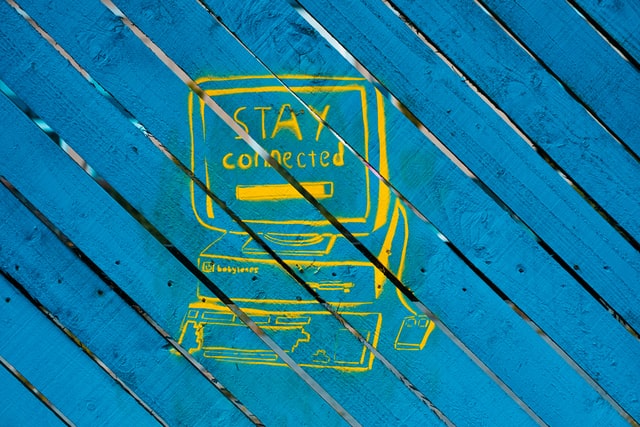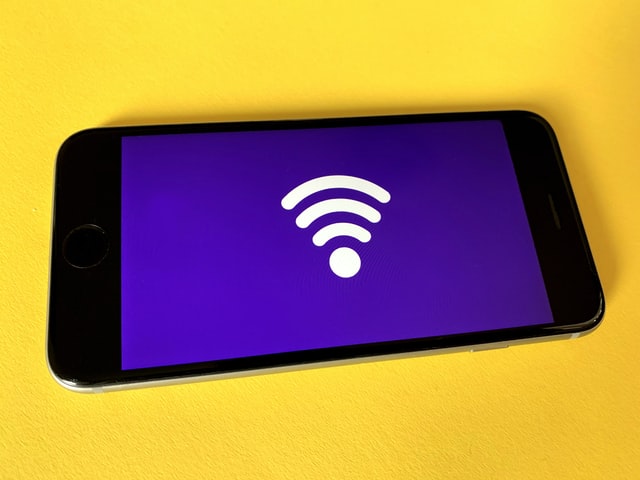Internet Privacy Tips to Help You Stay Protected
How do you stay safe online? Is your personal information being stolen or misused? Are hackers really out to get you? Let us take care of these issues and more…
Have you ever wondered why some websites ask for your name or email address before letting you check out their offers? Or why other sites might need your phone number or credit card details? This is because they want to protect themselves from fraud. As privacy becomes a bigger issue than ever before, you need to be able to spot shady behavior.
Whether you’re looking to sell something or send some love, the Internet has become our one-stop-shop for buying goods and services. However, as you browse through the web today, you’ll notice that privacy is never far away. And unfortunately, cybercrime is on the rise. Below are some tips to help you stay protected on the internet.
Internet Privacy Tips to Help You Stay Protected
1. Keep Your Browser Up To Date
One way in which internet browsers can make it easy for hackers to steal your private data is by not updating your software when there’s an update available. Check if there are any updates available for your current browser before starting up your PC visit casino en ligne, making sure you download them right away. Also, read reviews about new and upcoming browsers such as Chrome, Firefox, Edge, and Safari ahead of time so you know what to expect.

2. Don’t Login at Public Wi-Fi Hot Spots
Although public wireless hotspots are convenient options, they often come with security risks. Even if you only need access to a computer or smartphone briefly, you may find yourself sharing information over a non-secure connection. Some people also use random passwords while others use simple ones like “password123.” If someone else uses your computer or mobile device, then all those details could be easily captured and sold.
3. Install An Anti-Virus Program
Many computers have built-in virus protection programs as part of their operating system. But many people don’t realize that malware doesn’t just affect people who run Linux; Windows and Mac users can suffer too. Make sure you install anti-virus software for each of your devices. It will scan files and folders to detect malicious code.
4. Be Careful When Downloading Software Off The Web
There are dozens of different websites where you can find anything from free video games to music downloads. And while most of these websites claim to offer trusted software, you should always look into the company behind it. Legitimate companies will usually provide valid terms and conditions and will also tell you exactly how long you’re allowed to keep the software after you’ve bought it. They might even give you a refund policy.
5. Avoid Opening Emails Attached To Promising Freebies
Be it an attachment from your bank account or an invitation from a friend to join a dating site, opening an attachment from any source can put your computer at risk of getting infected. Always go to the website intended for the email instead of clicking on an embedded link.


